Flow Digital Marketing
Ready to grow your business online?
Your Online Growth Marketing Specialists.

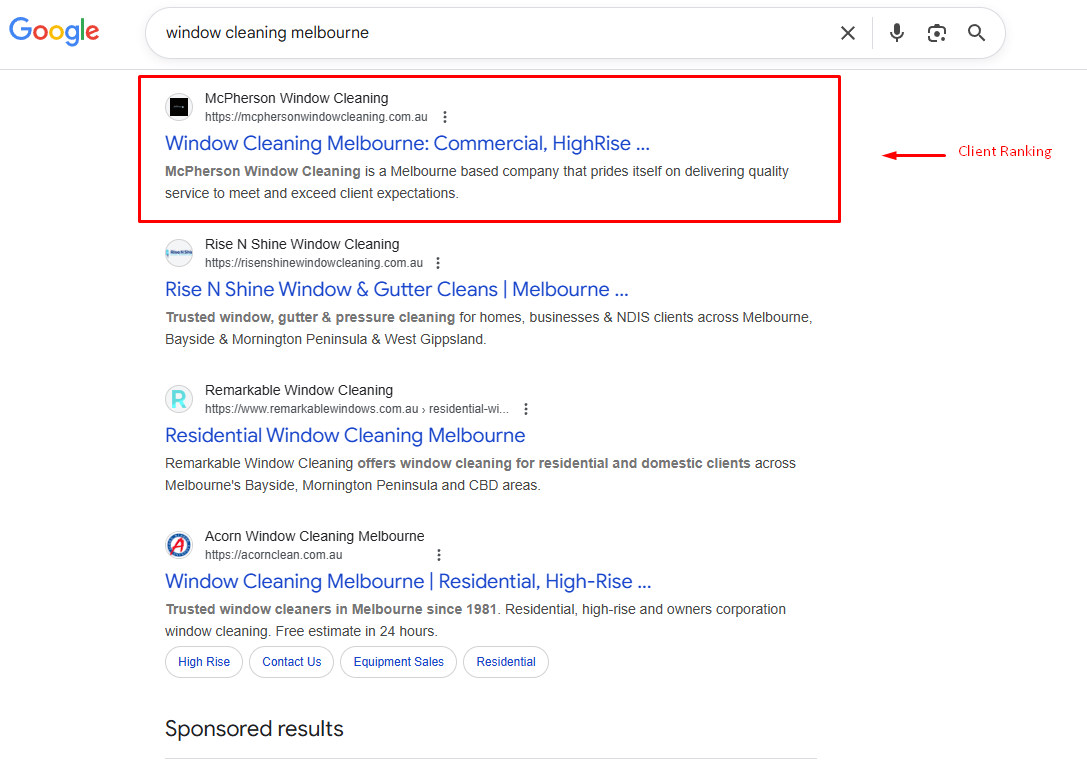

Increase your Google rankings. Acquire more appointments & sales
With over 15 years of digital marketing experience, our Digital Marketing Agency in Australia can boost your online presence and dominate search engine results with our highly effective and strategic online advertising campaigns.
Custom-built websites aimed at growing your business
Transform your online presence into a business powerhouse with our expertly crafted websites. We engineer growth platforms. for your website and consider this one of the most important assets that can drive leads, increase conversions, and elevate your brand’s image.
We create a digital presence that propels your business towards growth and success. Your website is your 24/7 sales representative, so we make sure it’s working hard to drive growth for your business.


Our Digital Marketing Services
Web design
We design an attractive websites that will be highly optimised for search and generate customer appointments and sales.
SEO
We can optimise your website in-line with Google's best practices. Grow organic traffic and increase visibility in Google for the keywords your customers are searching for.
Paid Google Ads
We target precise keywords and grow your business with Google's sponsored Ads. Excellent for eCommerce brands using Merchant Center and Shopping Ads.
Digital strategy
We can build a customised digital strategies and set the marketing foundation for your business.
Email marketing
We nurture exisiting customers or re-engage with old ones to increase sales and appointments. Automate emails to drive low-effort sales.
Facebook paid ads
We run paid ads on Facebook and Instagram. Discovery new customers and grow your sales and appointments.
What clients say about us

Our value proposition is simple
We provide ideas to clients up front, free of charge. It’s up to them if they want to do it themselves or hire us if they don’t have the time, resources or technical skills.
This honest approach is what sets us apart from the rest of the marketing teams who keep their cards close.
Brands we work with

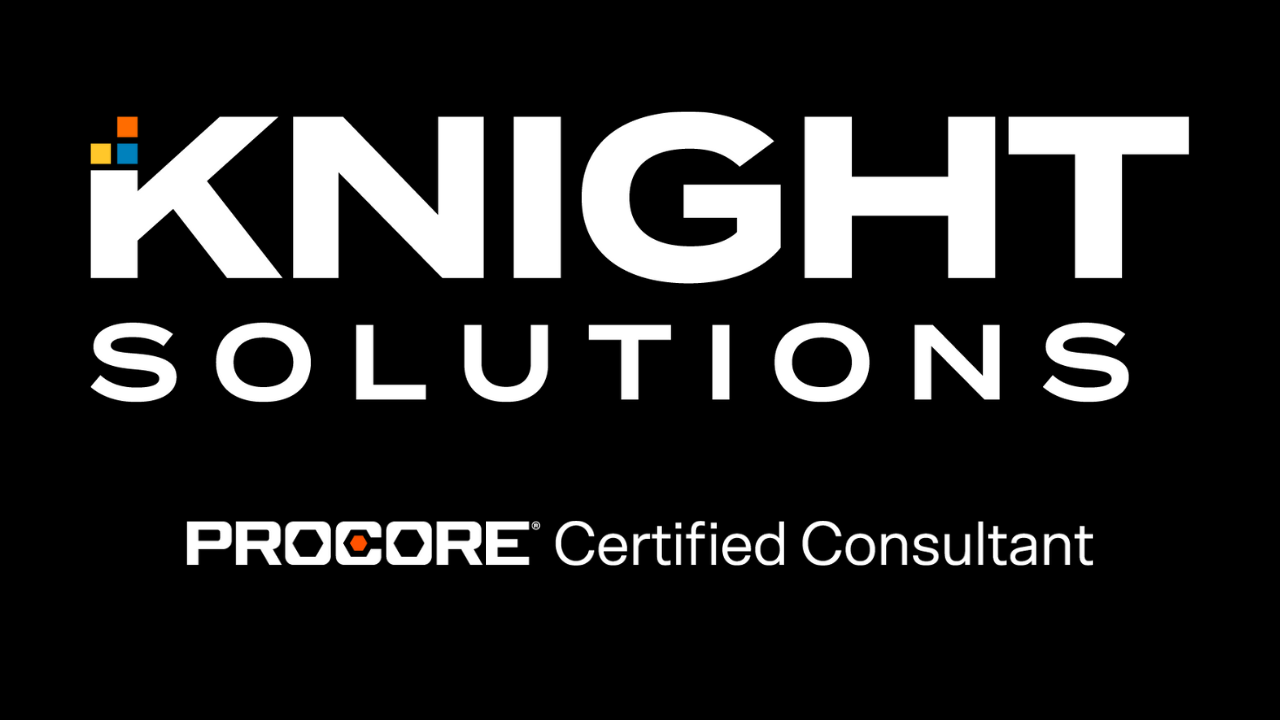




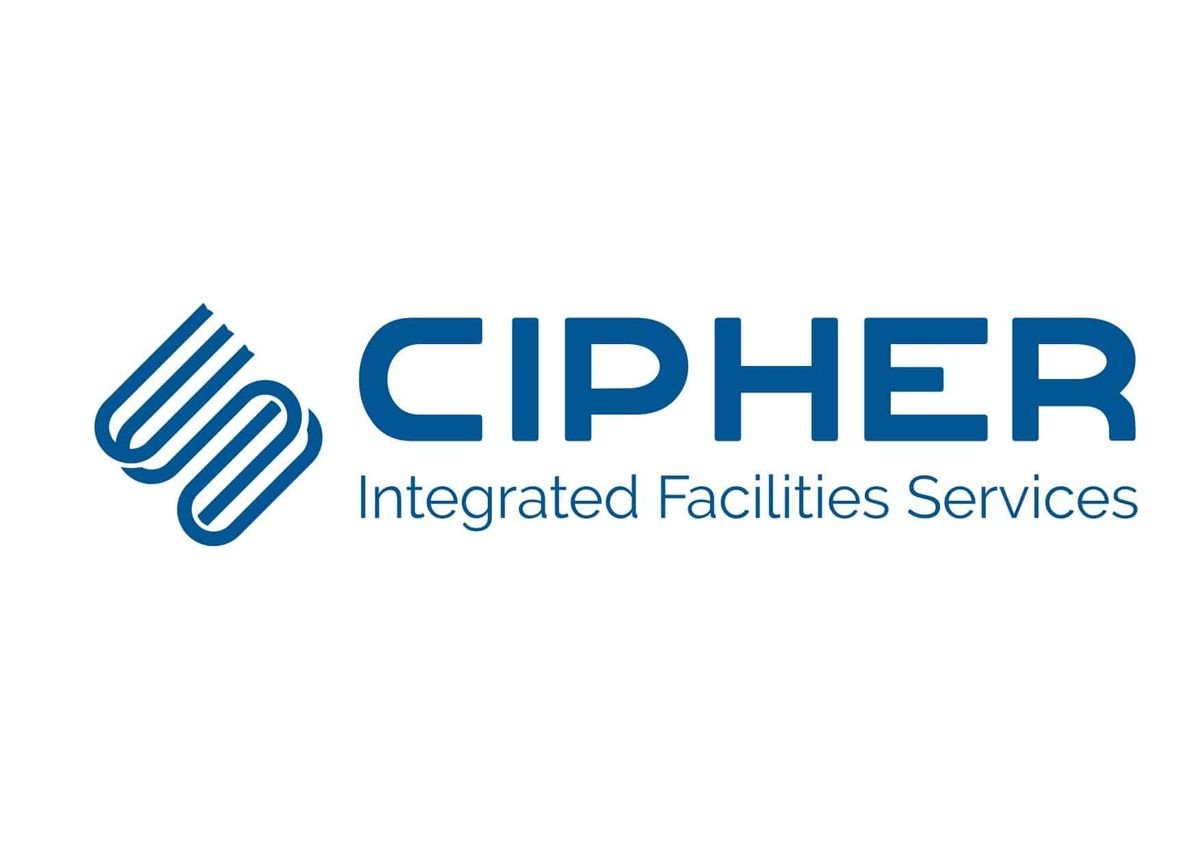
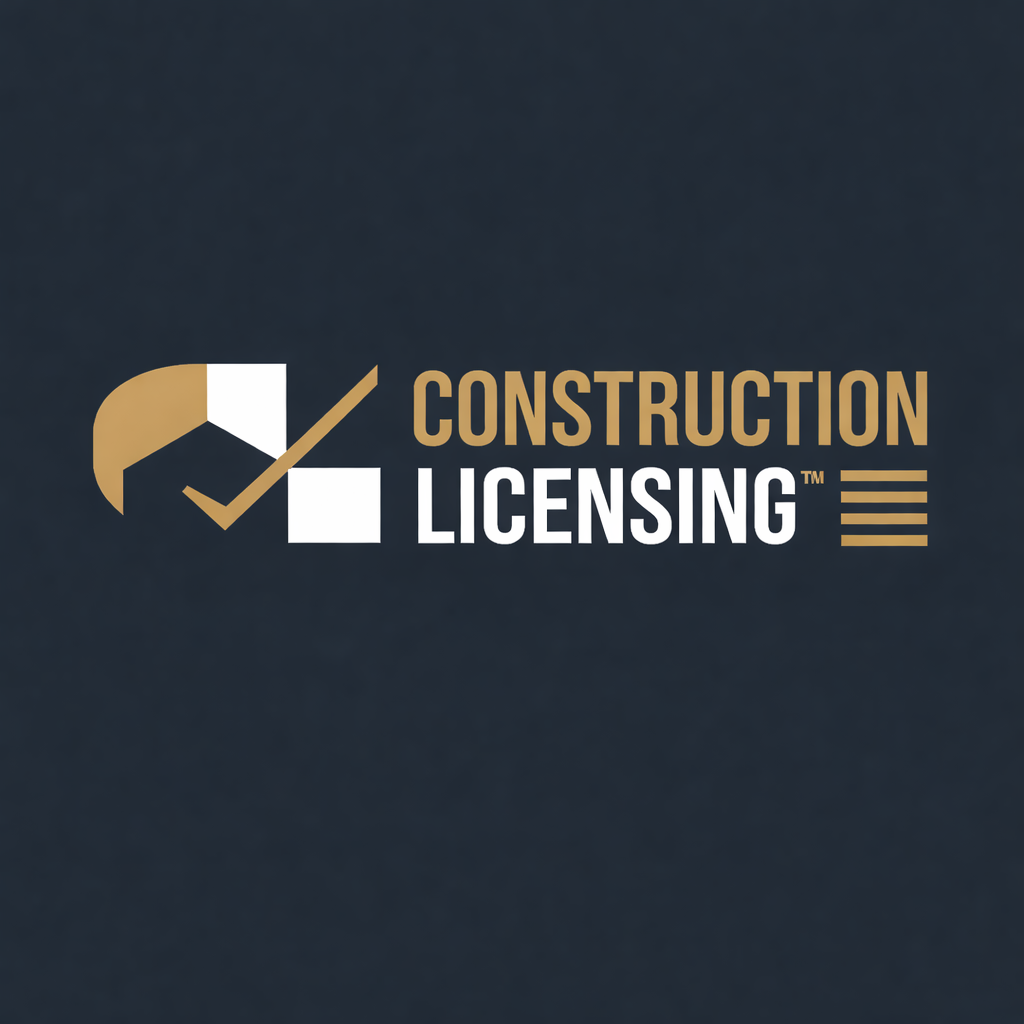
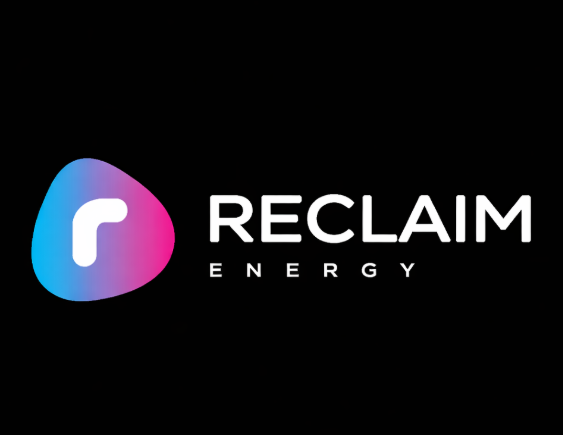


Contact us to find out how we
can help your business grow

Frequently asked questions
about digital marketing
What is digital marketing?
Digital marketing refers to the utilisation of platforms such as the internet, social media, websites, emails, and more to promote products, services, or messages to a wide audience. It involves creating captivating content, running advertisements, optimising websites for visibility in search results, effectively utilising media platforms, and more. The primary objective is to connect with and engage people in the realm by spreading awareness about something you appreciate using computers and the internet. Ultimately, it aids businesses in establishing connections with customers and showcasing what they have to offer in the landscape.
What does a digital marketing agency do?
A digital marketing agency functions, as a group of professionals who assist businesses in gaining visibility and achieving success on the internet. They employ strategies and techniques to promote a company’s products or services online. Here’s an overview of our digital marketing agencies responsibilities.
Strategic Planning; Collaborating with businesses to devise a robust digital marketing strategy that aligns with their objectives and target audience. This involves comprehending the business, its industry, competition and determining the approach to reach potential customers.
Website Optimisation; Optimising a company’s website to ensure it is user friendly easily discoverable by search engines (SEO. Search Engine Optimisation) and provides an user experience with speed and security.
Content. Marketing; Crafting captivating content such as blogs, videos infographics to attract and engage the target audience. This content is strategically shared across platforms to enhance brand awareness and drive traffic towards the website.
Social Media Management; Our Digital Marketing agency in Australia Oversees and curates content, for a company’s social media accounts (e.g., Facebook, Instagram, Twitter) to actively engage with the audience, foster community building as promote products or services effectively.
Pay Per Click (PPC) Advertising; Our Digital Marketing agency in Australia is responsible, for creating and managing advertising campaigns, such as Google Ads or social media ads. They ensure that businesses only pay when a user clicks on their ad allowing them to target audiences and drive traffic to their website.
Email Marketing; Our Digital Marketing agency specialise in designing and executing email marketing campaigns that aim to nurture leads retain customers and promote products or special offers. The campaigns are. Tailored to segments of the audience.
Analytics and Reporting; Our Digital Marketing agency in Australia use tools and metrics to track the performance of marketing strategies. They provide reports to businesses enabling them to understand the impact of their marketing efforts and make well informed decisions.
Conversion Rate Optimisation (CRO); Agencies focusing on CRO work on enhancing elements of a website in order to increase the percentage of visitors who complete desired actions, such as making purchases or filling out contact forms.
Online Reputation Management; Our Digital Marketing agency in Australia specialises in online reputation management assist companies in monitoring reviews responding promptly to customer feedback and addressing any comments or concerns. Their goal is to manage and improve a company’s reputation.
Basically a digital marketing agency assists businesses in navigating the world ensuring that they maximise their visibility, engagement and ultimately achieve success, in their operations.
How long does it take to get results in Digital Marketing?
The amount of time it takes to see outcomes, in marketing can vary based on a range of factors, such as the particular strategies implemented. The industry in question, the level of competition in the market and the allocated budget and the goals set for the marketing campaign all play a role in determining how quickly results in Digital Marketing are achieved.
Also the timeframe for achieving results, in digtial marketing relies on your objectives the strategies you employ your industry sector, competition levels, budget constraints and the level of dedication you put into it.
Our digital marketing strategies are proven and tested and have provided excellent results for numerous business across many different industries.
What do you need to do Digital Marketing?
Put simply, all you need to do Digital Marketing is a website, social media accounts, Google Toolset, a customer database, some email marketing software and a Digital Marketing Agency like ours.
Of course, you don’t need all of those tools and largely the tools you use will be based off a custom digital marketing strategy that Flow Digital would prepare for your business.
Read more to understand what a digital marketing tool refers to. Digital marketing tools are software or applications that helps marketers and businesses, with planning, executing, tracking and improving their marketing efforts. These tools are specifically designed to streamline and automate tasks involved in marketing enabling marketers to achieve their goals.
Lets break down the functions of a marketing tool;
Campaign Management; Digital marketing tools provide a platform for managing advertising campaigns social media posts, email marketing and other marketing initiatives.
Task Automation; These tools tasks such as posting on media sending emails or generating reports. This saves time and effort for marketers.
Analytics and Insights; Digital marketing tools offer features for data analytics and reporting. Marketers can track performance metrics. Gain insights into their campaigns.
Audience Targeting; Tools assist in identifying the target audience, for campaigns based on demographics, behavior, interests and other parameters.
Campaign Optimisation; They analyze data. Provide suggestions to optimize campaigns. This enables marketers to make data driven decisions and enhance campaign effectiveness.
Content Creation Enhancement; Some software tools provide features that allow users to create and modify content design graphics videos or infographics to support their content marketing strategies.
Managing Customer Relationships; Customer relationship management (CRM) tools are designed to help businesses effectively manage and cultivate relationships, with both leads and existing customers providing them with personalized experiences.
Enhancing SEO and Website Performance;
Specific tools focused on search engine optimization (SEO) aid in optimizing websites improving search engine rankings and enhancing website performance to increase visibility.
Supporting Email Marketing;
Email marketing tools assist in the creation sending and tracking of email campaigns to ensure they reach the target audience at the opportune times.
Facilitating Social Media Management;
Tools tailored for media management simplify the process of scheduling posts engaging with audiences and analyzing social media performance across platforms.
Assisting in Advertising Management;
These valuable tools play a role in managing pay per click (PPC) advertising campaigns by optimizing ad spend and effectively tracking ad performance.
Ensuring Compliance and Security;
Certain tools provide assistance in ensuring compliance with data privacy regulations while also offering robust security features to protect marketing data.
In summary marketing tools automate tasks, within the marketing landscape. They empower marketers to optimize campaigns engage meaningfully with their audience and analyse performance metrics to achieve desired results. These essential tools support todays marketers as they navigate the evolving landscape of marketing.
How does Digital Marketing work?
Digital marketing refers to the use of technologies and platforms to promote products, services or brands. It’s an approach aimed at connecting and engaging with an audience, in the digital realm. Here’s a breakdown of how digital marketing operates, focusing on elements;
Understanding the Target Audience;
Firstly it involves identifying and comprehending the demographics, preferences, behavior patterns and online habits of the target audience.
Establishing Clear Goals and Objectives; Next step is defining measurable goals for the marketing campaign. These goals could include increasing website traffic generating leads, driving sales growth enhancing brand awareness or improving engagement.
Choosing Appropriate Digital Marketing Channels: After that comes selecting marketing channels based on the target audience and campaign objectives. Channels include search engines, social media platforms, email communication methods, content marketing strategies among others.
Crafting Captivating Content; An integral part of this process is creating high quality content that’s relevant to the chosen marketing channels. This can encompass forms such, as blog posts, videos, infographics or social media updates.
Optimising for Search Engines (SEO); Next comes optimising both content and website to improve visibility and ranking on search engine results pages (SERPs) through search engine optimisation techniques (SEO). This includes using keywords optimising tags improving website speed and building high quality backlinks.
Utilising Paid Advertising (PPC);
Utilise paid advertising platforms such, as Google Ads, social media ads or display ads to reach a target audience. Advertisers pay for each PPC) on their advertisements.
Engaging on Social Media; Actively interact with the target audience on social media platforms that’re relevant to the business. Share content, engage with followers run ad campaigns and create a community.
Implementing Email Marketing; Take advantage of email marketing campaigns to nurture leads retain customers and promote products or services. Send targeted emails to the subscriber list.
Leveraging Influencer Marketing; Collaborate with influencers to endorse products or services to their audience while utilizing their credibility and reach for increased exposure.
Analysing and Tracking Performance; Utilise analytics tools to track the performance of marketing efforts. Analyse data to measure campaign success identify areas for improvement. Make data driven decisions.
Iterating and Optimising; Continuously optimise marketing strategies based on insights. Collected data. Adapt to changing trends, in audience preferences and technological advancements for results.
To maintain compliance and privacy it is important to follow ethical guidelines, including data privacy laws. This ensures the protection of user information. Helps build trust with the audience.
Digital marketing is a process that involves planning, implementation, measurement and adjustment. By utilising channels and adopting a customer focused approach businesses can successfully connect with their desired audience encourage engagement and accomplish their marketing goals.
Can I do Digital Marketing myself?
You definitely can. You just need to have the ability to learn and apply marketing strategies on your own.
In fact many sole traders and small businesses begin by managing their marketing efforts before considering outsourcing or hiring specialists.
Flow Digital’s main aim is to keep costs down for our clients, by creating websites that are easy for anyone to update themselves and we provide full instruction and training on how to manage your own website and marketing tools.
Here’s a step, by step guide to assist you in getting started with marketing
Educate Yourself;
Begin by acquiring knowledge about the basics of marketing. There are courses, tutorials, blogs and eBooks available that cover various aspects of this field.
Understand Your Target Audience; Identify and comprehend your target audience. Familiarise yourself with their preferences, behavior patterns and online habits. This understanding will serve as a foundation for shaping your marketing strategies.
Establish Clear Objectives; Define your goals for marketing. Determine what you aim to achieve be it increasing website traffic generating leads or enhancing brand awareness.
Choose Relevant Channels; Select the marketing channels that align with your objectives and resonate with your target audience. Common channels include social media platforms, email marketing campaigns, content creation strategies like blogging or video production search engine optimization (SEO) and pay, per click (PPC) advertising methods.
Create High Quality Content; Develop valuable content that effectively engages with your target audience. Here are a few suggestions, on how to promote your content and increase its visibility;
Optimise for Search Engines (SEO); Familiarise yourself with the basics of SEO to enhance your contents visibility in search engine results. Focus on incorporating keywords optimizing tags improving user experience and building quality backlinks.
Utilise Social Media;
Engage with your target audience by leveraging social media platforms that align with their interests and preferences. Share content, interact with your followers and consider running ad campaigns to reach a wider audience.
Implement Email Marketing; Build an email list of individuals and regularly send them targeted emails to nurture leads and keep them informed about your offerings.
Measure and Analyze Results; Utilise analytics tools to track the performance of your marketing efforts. Analyze the data collected to gain insights into what strategies are working well. Identify areas for improvement.
Stay Updated and Experiment; Stay abreast of the trends, tools and strategies in marketing as it is constantly evolving. Don’t be afraid to experiment with approaches based on the results you achieve.
Network and Learn from Peers; Join communities. Attend webinars within the digital marketing sphere to connect with industry peers learn from their experiences and gather valuable insights.
Be Patient and Persistent; Remember that successful digital marketing takes time and effort; it’s not a process, like Rome wasn’t built in a day! Stay patient stay persistent and keep refining your strategies as you progress towards achieving your goals.
Stay determined resilient and dedicated, to reaching your objectives. Keep in mind that having a defined plan consistently enhancing your knowledge and adjusting to the evolving environment are crucial elements, for achieving success in do it yourself digital marketing. As you acquire experience and discover what tactics yield outcomes for your business you can fine tune and broaden your strategies to generate even better results.
How much does digital marketing cost?
The expenses associated with digital marketing can differ significantly depending on factors such, as your industry, the size of your business your objectives, the audience you are targeting the specific digital marketing channels you choose to utilise.
It is crucial to understand that digital marketing costs can range from a hundred dollars to thousand (or even more) per month. The actual amount depends on the requirements of your business and the extent of your marketing efforts. For businesses or individuals it is quite common to begin with a budget and gradually increase it based on achieved results.
Moreover by allocating your budget towards channels that align with your goals and target audience you can optimise costs while maximising the impact of your marketing endeavors. Always ensure that you track and analyse your spending to guarantee a return, on investment (ROI).
It’s important to understand that marketing can be a labour intensive job that requires a lot of manual input, strategic thinking and creative design. While we try and use as much automation as possible to keep the workload down, the reality is there will always be a requirement for manual work.
How do I get my website to the top of Google?
To improve your websites visibility and ranking on Googles search results it requires an approach, to search engine optimisation (SEO). While reaching the spot is competitive and time consuming implementing the following strategies can significantly enhance your websites chances;
Conduct keyword Research: to identify terms and phrases that your target audience is likely to use. Incorporate these keywords into your website content, meta tags, headings and URLs.
Create high quality content: that’s informative, engaging and valuable to your audience. Consistently update your website with content to keep it relevant and appealing to search engines.
Optimise on page elements: These include titles, meta descriptions, header tags (H1, H2, H3) and image alt text. Ensure that your website is easy to navigate and provides a excellent user experience.
Make sure that your website is mobile friendly and loads quickly on devices. In its rankings, Google prioritises websites that’re responsive on each of the CMS platforms.
Improve the loading speed of your website by optimising images utilising browser caching techniques and selecting a hosting provider. Both users and search engines prefer fast loading websites.
By implementing these strategies you can enhance the visibility of your website on Googles search results while improving its ranking.
Building Backlinks; Obtain high quality backlinks from relevant websites. Backlinks, from sources demonstrate the credibility and relevance of your content to search engines.
Optimising for SEO; If applicable, enhance your website for searches by incorporating location specific keywords creating a listing on Google My Business and garnering positive reviews from local customers.
Prioritising User Experience (UX); Give importance to providing an user experience by ensuring navigation clear call to actions and an aesthetically pleasing website design. A satisfying user experience indirectly contributes to boosting your search rankings.
Engaging through Social Signals; Interact with your audience on social media platforms. Although social signals may not have an impact on rankings they can drive traffic to your website. Subsequently influence SEO outcomes.
Regular Monitoring and Optimisation; Continuously monitor your websites performance using analytics tools. Based on the data make adjustments to your strategies identify any issues and consistently optimise your website for improved results.
Ensuring Website Security (HTTPS);
Secure your website by implementing HTTPS. Search engines prefer websites which can positively impact rankings.
Use data markup (Schema) to give search engines information, about your content. This can enhance how your website appears in search results. Remember SEO is a process. It may take some time to see results. It’s crucial to stay up, to date with SEO practices and adjust to algorithm changes in order to maintain and enhance your websites ranking on Googles search results page.

